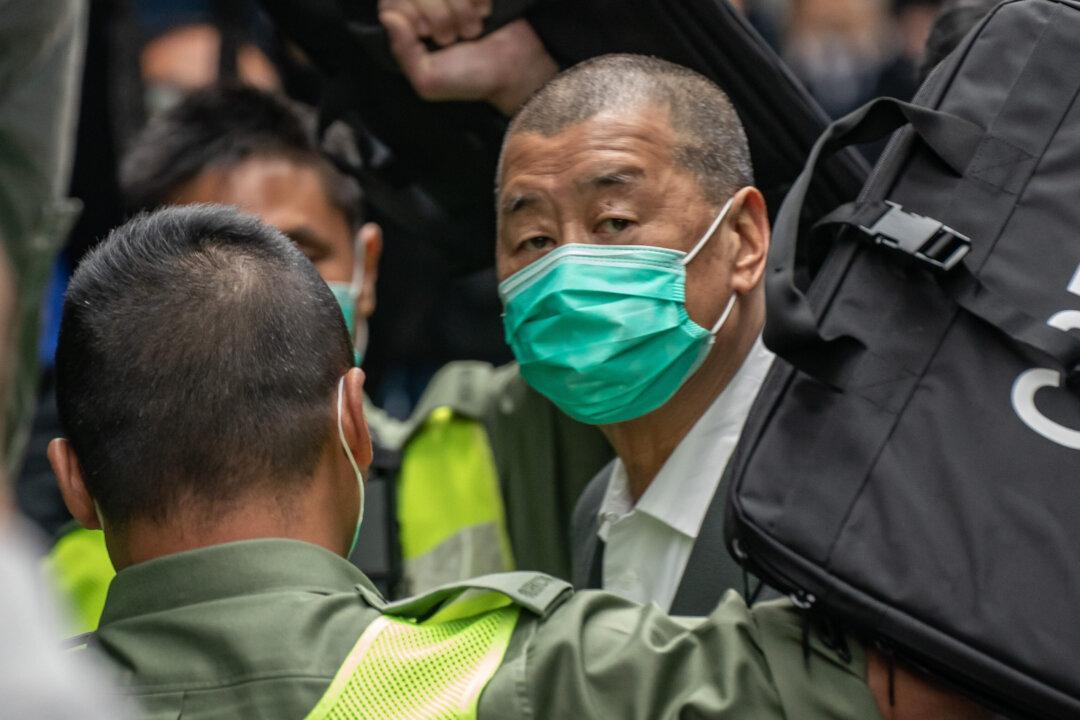TAIPEI—On May 15, representatives of Taiwan warned that Hong Kong’s decision to freeze assets belonging to jailed media tycoon Jimmy Lai was a sign to the international community that doing business in the Chinese-controlled city was becoming increasingly risky.
The asset freeze, announced one day earlier on May 14, includes all shares in Lai’s company, Next Digital—the first time a listed firm has been target by Beijing’s national security law in the financial hub.





